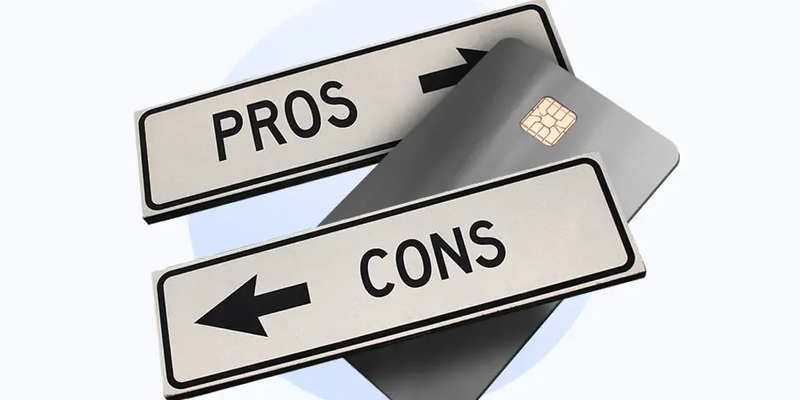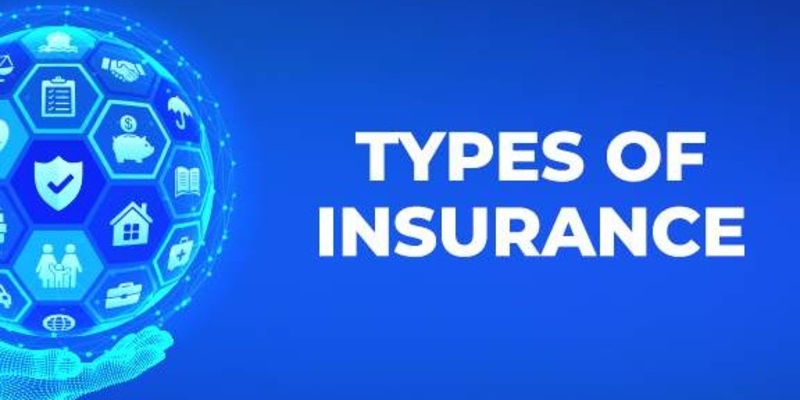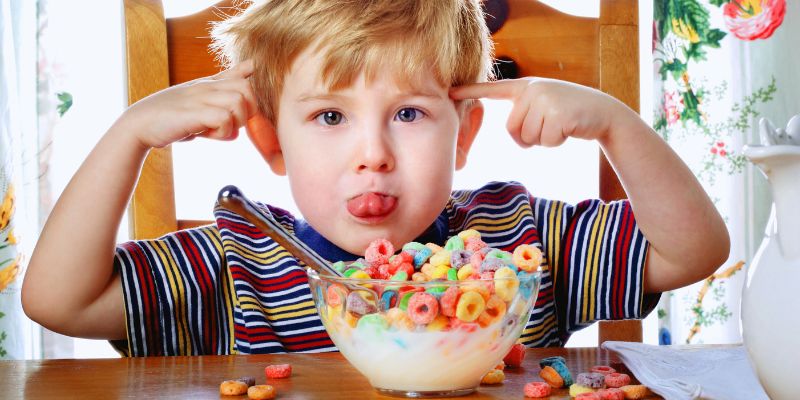Altruism Unmasked: Understanding The Truth About Human Kindness
Altruism is about helping others without thinking about anything in return. Many people mistakenly think of compassion as selfless. Is true generosity conceivable, or is there always a covert agenda? Certain researchers argue that people enable others to feel good about themselves. Others feel that human behavior naturally includes benevolence. Studies reveal that acts of kindness can enhance both mental and physical condition.
Some contend that people only assist in some capacity that benefits them. This has been a continuous dispute for many years. Knowing the truth about altruism can help one appreciate human goodness. This article will discuss several opinions on altruism and examine its psychological, social, and biological underpinnings. Is actual selflessness possible, or is kindness always motivated by selfish benefit?

The Psychology of Altruism
Psychologists have examined altruism for years to see why individuals volunteer for others. Some relate it to empathy. People may naturally want to aid others they perceive suffering. This emotional link motivates sympathetic behavior. Studies reveal that deeds of kindness set off the reward system in the brain, which makes one joyful. Helping others boosts emotional well-being, lowers stress, and raises life satisfaction. According to certain research, generosity helps the giver, and it is not altruistic.
Another theory is the reciprocity norm, in which case people assist others in anticipating future returns. Generosity is expected of people in society since society teaches them to be courteous and to return favors; so, it is not completely selfless behavior. Some people, meanwhile, help others without thinking about getting paid back. It begs the issue of whether actual selflessness is possible. Whether motivated by emotion, societal conventions, or personal benefit, generosity is a fundamental component of human action.

Biological Roots of Altruism
Kindness may have evolutionary roots. Helping others raises the group's chances of survival. Many animals show group behavior meant for mutual protection. Some birds, for instance, alert others of danger even at their own risk. This behavior, sometimes called kin selection, implies that people are more likely to assist those with similar genes. However, another theory is the selfish gene idea. It makes the case that kindness lets people pass on their DNA. Their family's survival guarantees their genetic line to remain active.
It does not, however, adequately explain why people assist strangers. According to several experts, teamwork raises the chances of survival. Those who volunteer for others build closer social networks. It builds access to resources and safety. People live best in societies where compassion is prized. Whether motivated by survival instincts or genes, kindness is firmly ingrained in human nature and still shapes modern society.
Social and Cultural Influences on Altruism
Altitude is much shaped by culture. Generosity is considered moral in many civilizations. Many religions inspire compassion as aiding the less fortunate delivers blessings or good karma. These ideas motivate people to donate more. Moreover, social conventions affect altruistic conduct. People could assist one another in search of approval or out of fear of criticism. Often lauded and rewarded, acts of compassion inspire others to give.
Social pressure, however, might occasionally drive people into assistance even when they would not want to. Some could feel obliged to comply with society's expectations instead of their inclination. It begs a significant issue: Is actual generosity motivated by societal and cultural constraints or a voluntary deed? Driven by ideology, custom, or expectation, kindness is still potent in forming closer communities and changing personal interactions.
Is There Such a Thing as True Altruism?
Many scientists contend that real selflessness is impossible. People feel good about their deeds even when assisting others without considering benefits. One gains personally from this sense of satisfaction. Some academics call this "warm glow altruism," implying that personal enjoyment always follows from kindness. In the meantime, some people risk their safety to serve others. Soldiers, firefighters, and rescue agents risk their lives to save strangers. They challenge the notion that all compassion is selfish by doing without considering personal benefit.
They give points to the possibility of kindness outside of self-interest. Some hold that people are inclined to safeguard others even at considerable personal sacrifice. It could help to explain why individuals act heroically without a second thought. Extreme compassion begs whether kindness can be selfless when the argument is still in progress. Whatever the reason, compassion remains a strong motivator in human conduct and society.
The Benefits of Altruism
Altruism offers various advantages independent of its motivations. Kind deeds lower stress and boost happiness, therefore enhancing mental health. Studies reveal that those who volunteer for others have more emotional stability. Furthermore, strengthening social ties is helping others. People who help one another create closer bonds founded on mutual care and trust. Altruism also helps society by encouraging group projects and cooperation. Kindly valued communities usually have more harmony and support. Generosity fosters a situation whereby people feel connected and safe. It also inspires others to behave graciously.
People who see charitable deeds are more likely to assist others. It starts a domino effect and motivates constant compassion. Moreover, acts of kindness help one find meaning and gratification. Knowing that one's activities have a good influence helps one feel more valuable. Though it is either entirely selfless or not, compassion has indisputable benefits. Altruism benefits people personally, strengthens communities, and improves the planet.
Conclusion:
A complicated idea involving psychological, biological, and societal aspects is altruism. While some contend that all acts of kindness have underlying motivations, others believe in pure selflessness. Psychological research connects empathy with the reward system of the brain to altruism. According to biological explanations, living depends on aiding others. Religious beliefs and cultural standards also shape generosity. Whatever its reasons, generosity helps people and society. It lessens anxiety, improves relationships, and promotes group projects. Kindness has indisputable benefits, whether or not it is unselfish. Understanding altruism helps us to value human kindness and promote a more sympathetic society.












